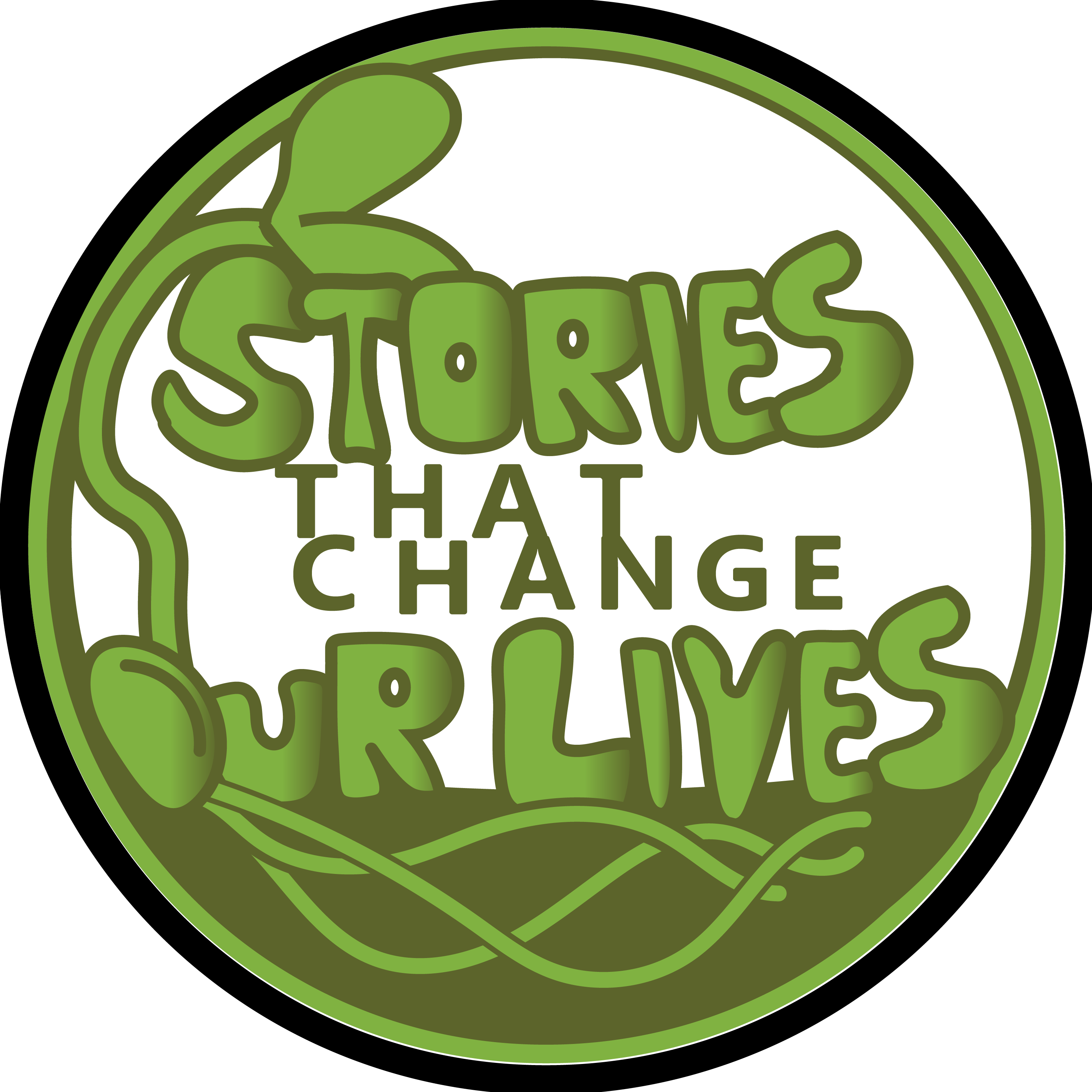Listen "#3 – Have you Ever Felt an Alligator?"
Episode Synopsis
If you have ever tried to explain what something you can see might look like in the mind of a person who was born without sight, you have likely happened on an experience that taxes your knowledge of whatever language you speak.
Visual objects can be much more easily described. Other people who see may recognize that you are describing an alligator or perhaps a squirrel long before you finish, even if you do not tell them what it is. They have either seen the same thing, or they have seen something that is close enough to have them fill in the remaining details. This is because our vocabulary of visual words is much more robust than that of non-visual words.
Try to describe either animal to a person who has never seen without mentioning color or any reference to other animals. What makes this difficult is people who see have always had visual concepts, and they likely explain things from that context. People who are born without sight do not have those visual concepts to fall back on, and this makes it all but impossible for people who see to know what image a person who is blind will form in their mind.
This is exactly what my parents were up against when I started asking all kind of questions about what critters looked like. The fact that they came as close as they did is a testament to their tremendous desire to help me see the world in a way I could understand.
This story is dedicated to that persistence. It is also a story of their love for me that gave rise to this persistence in the first place.
Visual objects can be much more easily described. Other people who see may recognize that you are describing an alligator or perhaps a squirrel long before you finish, even if you do not tell them what it is. They have either seen the same thing, or they have seen something that is close enough to have them fill in the remaining details. This is because our vocabulary of visual words is much more robust than that of non-visual words.
Try to describe either animal to a person who has never seen without mentioning color or any reference to other animals. What makes this difficult is people who see have always had visual concepts, and they likely explain things from that context. People who are born without sight do not have those visual concepts to fall back on, and this makes it all but impossible for people who see to know what image a person who is blind will form in their mind.
This is exactly what my parents were up against when I started asking all kind of questions about what critters looked like. The fact that they came as close as they did is a testament to their tremendous desire to help me see the world in a way I could understand.
This story is dedicated to that persistence. It is also a story of their love for me that gave rise to this persistence in the first place.
More episodes of the podcast Stories that Change our Lives
#7 – HOW A SIMPLE GAME CHANGED MY LIFE
15/11/2025
#6 – INVESTIGATING AN OLD ABANDONED WELL
01/11/2025
#5 – HOW FISHING CHANGED MY LIFE: Part II
15/10/2025
#4 – HOW FISHING CHANGED MY LIFE: Part I
30/09/2025
#2 – Crossing the Road
30/08/2025
#1 – Using Echo Location to Find my Way
13/08/2025
 ZARZA We are Zarza, the prestigious firm behind major projects in information technology.
ZARZA We are Zarza, the prestigious firm behind major projects in information technology.
